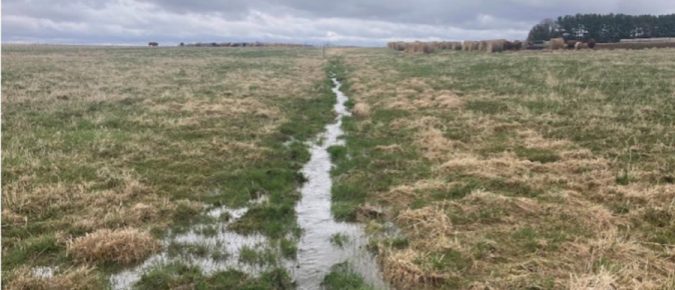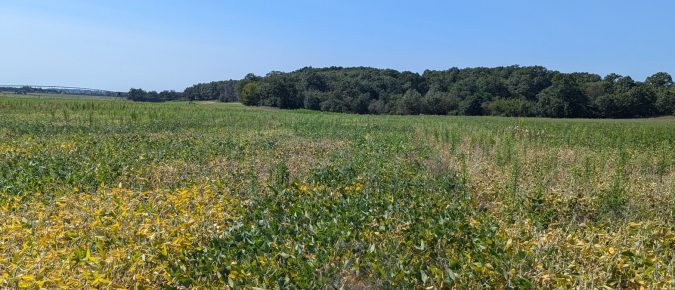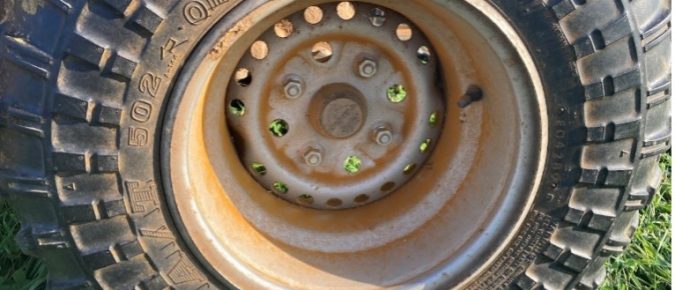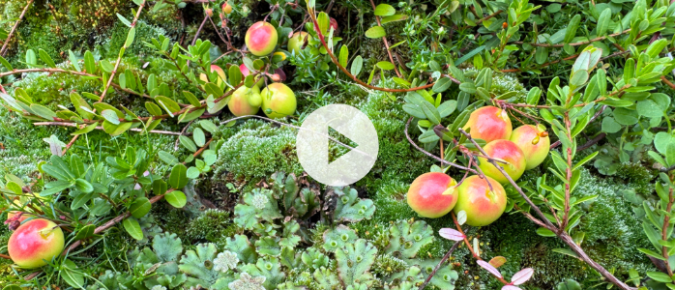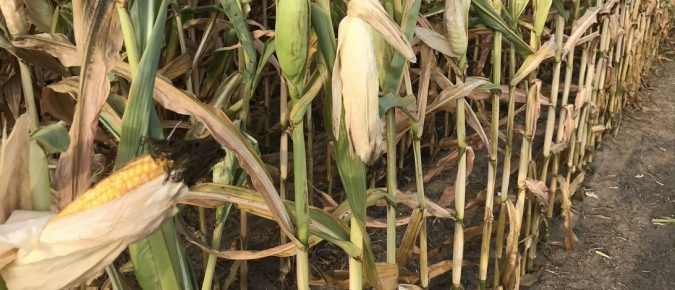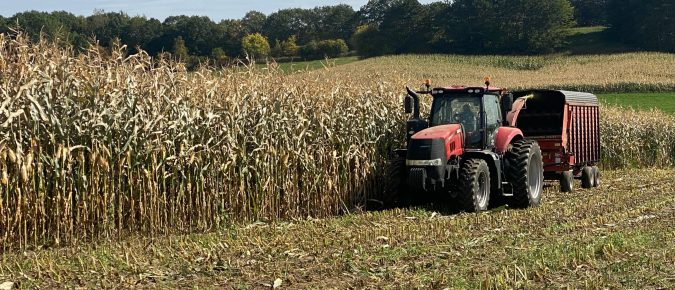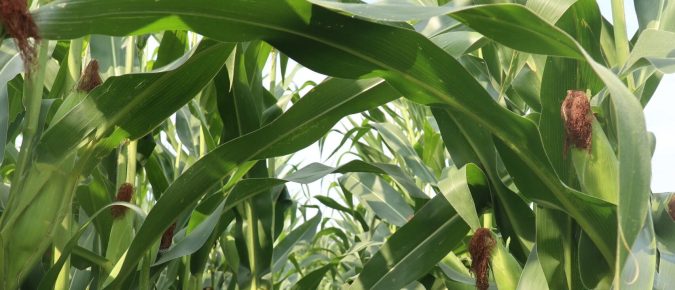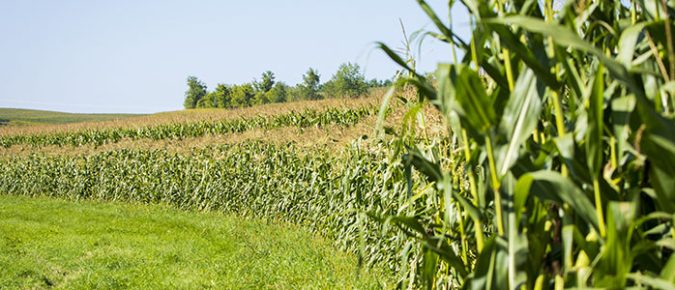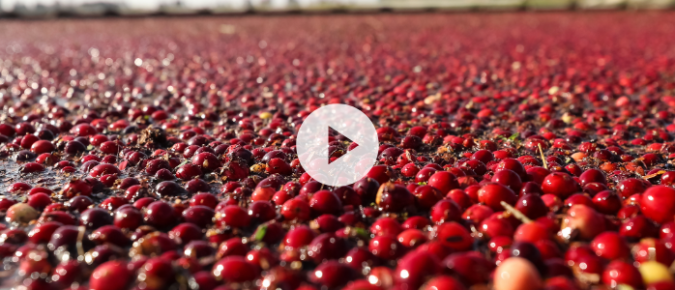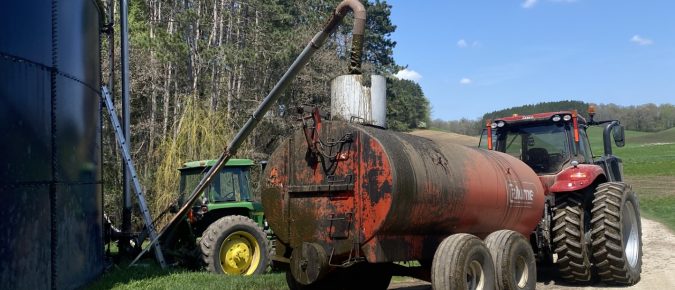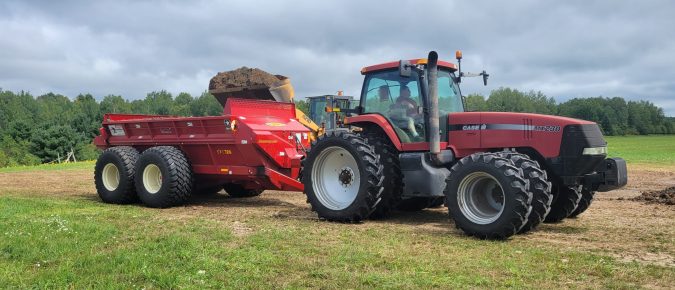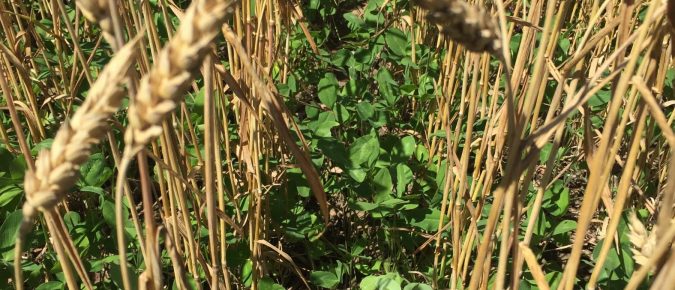Dr. Steven Hall, assistant professor and extension cropping systems and water quality specialist, explores how nitrate leaching responds to nitrogen inputs from both synthetic fertilizer and manure in Wisconsin cropping systems.
Josh Bendorf from the Wisconsin State Climatology Office provides a detailed update on weather conditions across the state as of August 28, 2025.
Rusts are a fact of life in many temperate, cool season pastures, and there is no silver bullet for controlling it. It does have an impact on palatability, quality, and yield of pasture grasses, but impacts can be mitigated through a combination of cultural and mechanical practices.
Watch the recording of the June 2025 Cranberry Brown Bag webinar on the topic of weed management.
Dr. Luiz Ferraretto, associate professor and extension ruminant nutrition specialist at UW–Madison, shares expert insights on optimizing the nutritive value of corn silage to support dairy cow performance.
Liz Gartman, regional crops educator with UW–Madison Extension, introduces the new Corn Silage Dry Down Monitoring Tool developed to help growers track whole plant moisture and optimize harvest timing.
Dr. Harkirat Kaur, assistant professor and extension corn production systems specialist at UW–Madison, explores the agronomic potential of short corn hybrids as an alternative to Brown Midrib (BMR) corn for silage.
Josh Bendorf from the Wisconsin State Climatology Office provides a detailed update on weather conditions across the state as of August 14, 2025.
Watch the recording of the June 2025 Cranberry Brown Bag webinar on the topic of weed management.
This article provides insight into various approaches to calculate and verify manure-nitrogen availability (N credits). We explore: 1) approaches used to calculate plant available N (PAN) from manure that can be used for planning N applications; 2) research methods used to develop “book values” or availability coefficients; 3) soil test indices that might help farmers determine manure N availability from a specific manure application.
Incorporating Off Farm Wastes in Nutrient Management Planning Summary Limiting Nutrient for Material Application Application restrictions near wells and/or buildings Application restrictions based on depth to ground water and bedrock Application restrictions near surface water Winter (frozen or snow covered ground) spreading restrictions Use of wood ash to adjust soil pH SnapPlus V3 Help and […]
Using wheat to diversify corn-soybean crop rotations can act as a strong foundation for more effective, economic, and sustainable pest management.

